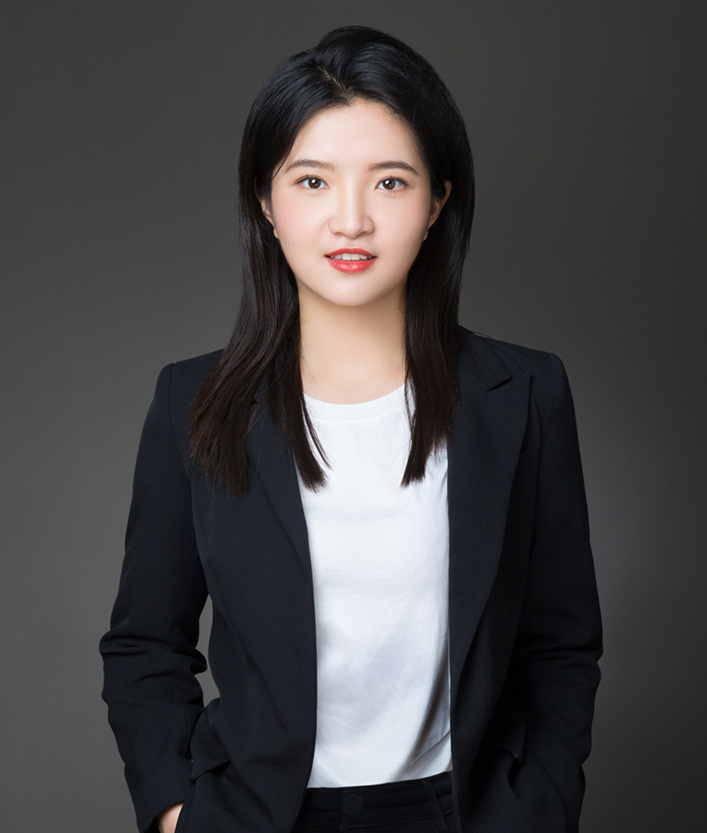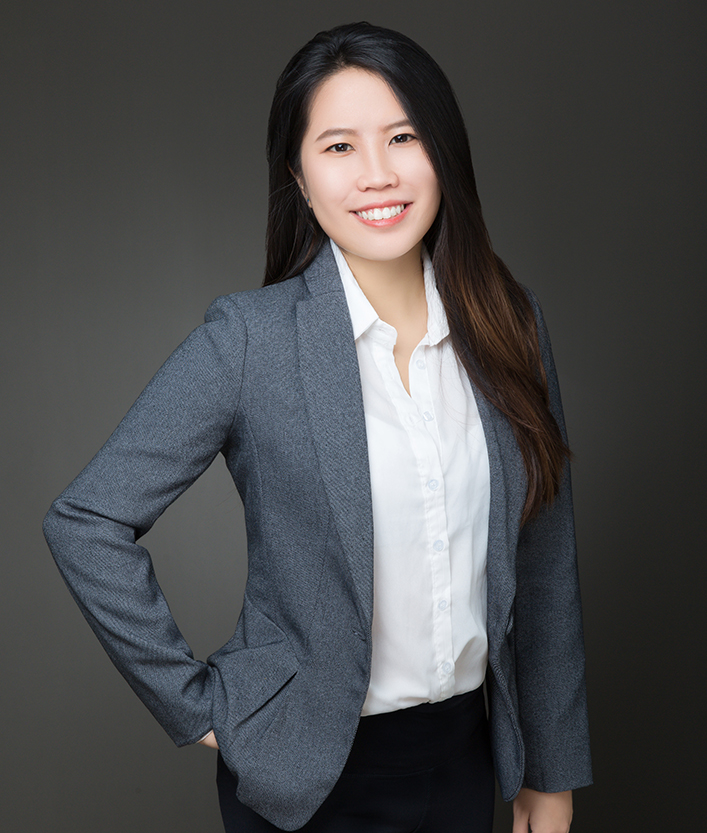Tony is the founder of Alaya Consulting Limited. With more than 16 years of experience in advising C-suite executives, both in-house and from the client side, he is particularly experienced in the development of corporate sustainability strategies, training, communication and ESG reporting approaches.
Tony works with client companies to help them improve disclosure levels and ESG ratings. Recent clients include AAC Technologies, CIMC, Panda Green Energy, Chiho Environmental Group, Integrated Waste Management, Baguio, MicroPort, Tianjin Port and others. Recent projects include organising the Hong Kong ESG Reporting Awards, contributing to the development of industry best practices.
Tony is a Chartered Company Secretary, a GRI Nominated Trainer, a carbon audit professional accredited by the Association of Energy Engineers, a Practitioner of Institute of Environmental Management Association and a certified sustainability assurance practitioner. He has also successfully completed the practitioner training of Integrated Reporting.
Prior to setting up Alaya, Tony assumed senior roles in various leading communications agencies and a Fortune top 10 financial services group. Before embarking on his career in communications, Tony spent a number of years in banking and financial journalism. He received a master’s degree in Corporate Governance from Hong Kong Polytechnic University and a bachelor’s degree in International Business from The Chinese University of Hong Kong.












What You Need to Know for FTSE4Good Inclusion
The FTSE4Good Index Series was launched by FTSE Russell in 2001, primarily designed to facilitate the creation of index tracking funds and derivatives, while serving as a performance benchmark in Environmental, Social and Governance (ESG) aspects. The series consists of a myriad of market capitalization-weighted indexes that measure the performance of companies with strong ESG practices.
To date, there are 23 Hong Kong companies in the universe of FTSE4Good; whereas globally, the total number of constituents amounts to 1,076 from 25 countries and regions. Every year, companies are assessed between March and April by FTSE researchers according to public information. This is followed by the incorporation of company feedbacks into the assessment, and the computation of the final ESG ratings, which are reviewed twice a year in June and December respectively.
How its scoring system works
The rating for FTSE4Good is built on the foundation of the precedent FTSE ESG Ratings, which is a meticulous and comprehensive process that entails four hierarchical layers in calculating the final ESG scores. Below is a snapshot of how the model is structured.
Source: FTSE Russell, 2019
Essentially, the first level includes over 300 Theme Indicators that are used to compute Theme Scores on the next level, while being assessed based on levels of public disclosure, coverage and performance of respective companies.
The second level consists of Theme Score and Theme Exposure; the latter determines the relevance of various ESG aspects to a particular Theme (which takes into account the characteristics of the geographical location and industry sector that certain companies operate in), and the Theme Score will be calculated accordingly.
Moving onto the third layer – the Pillar, Pillar Exposure is calculated as an average of relevant Theme Exposures, while Pillar Score is the Exposure-weighted average of all three Theme Scores. Lastly, the ESG rating is computed as an Exposure-weighted average of the three Pillar Scores.
Inclusion and removal
In order to be included in the FTSE4Good Index Series for rating, companies must have an overall ESG Rating of 3.3 out of 5 based on FTSE Russell’s ESG Ratings and data model, which contains over 7,200 securities from 47 developed and emerging markets. The selection criteria for the FTSE4Good indexes is illustrated below.
On top of that, companies engaging in industries that are exposed to “significant controversies”, including the production of tobacco, weapons systems, controversial weapons and coal, are excluded from the index.
The FTSE4Good Index Series is reviewed semi-annually to evaluate its constituents’ performances. If a company’s ESG Rating has fallen below the minimum requirement, it will be given a 12-month grace period to work on improvements; failure to do so will result in removal from the index. Moreover, in order to address the constantly changing norms and expectations, the criteria are reviewed and enhanced from time to time to ensure that the index remains up-to-date and aligns with the latest trends.
FTSE4Good is company-specific
A predominant factor that accounts for the prominence of FTSE4Good Index is its company-specific rather than generic rating system. Risk categories are defined with a wide range of contextual information beyond industrial sector, some examples are the countries of operation, and the proportion of revenues from different countries and products. This results in a more accurate analysis tailored to specific companies, which allows them to better assess their own progresses and achievements in ESG. The index could also be used as a basis for improvement in ESG aspects, companies are directly engaged in the assessment process and are therefore more motivated to address rooms for improvement. The fact that new criteria are constantly added also encourages continual reflection and review on companies’ ESG practices, hence driving significant values for the growth of ESG.
Alaya HK ESG Reporting Benchmarking Report